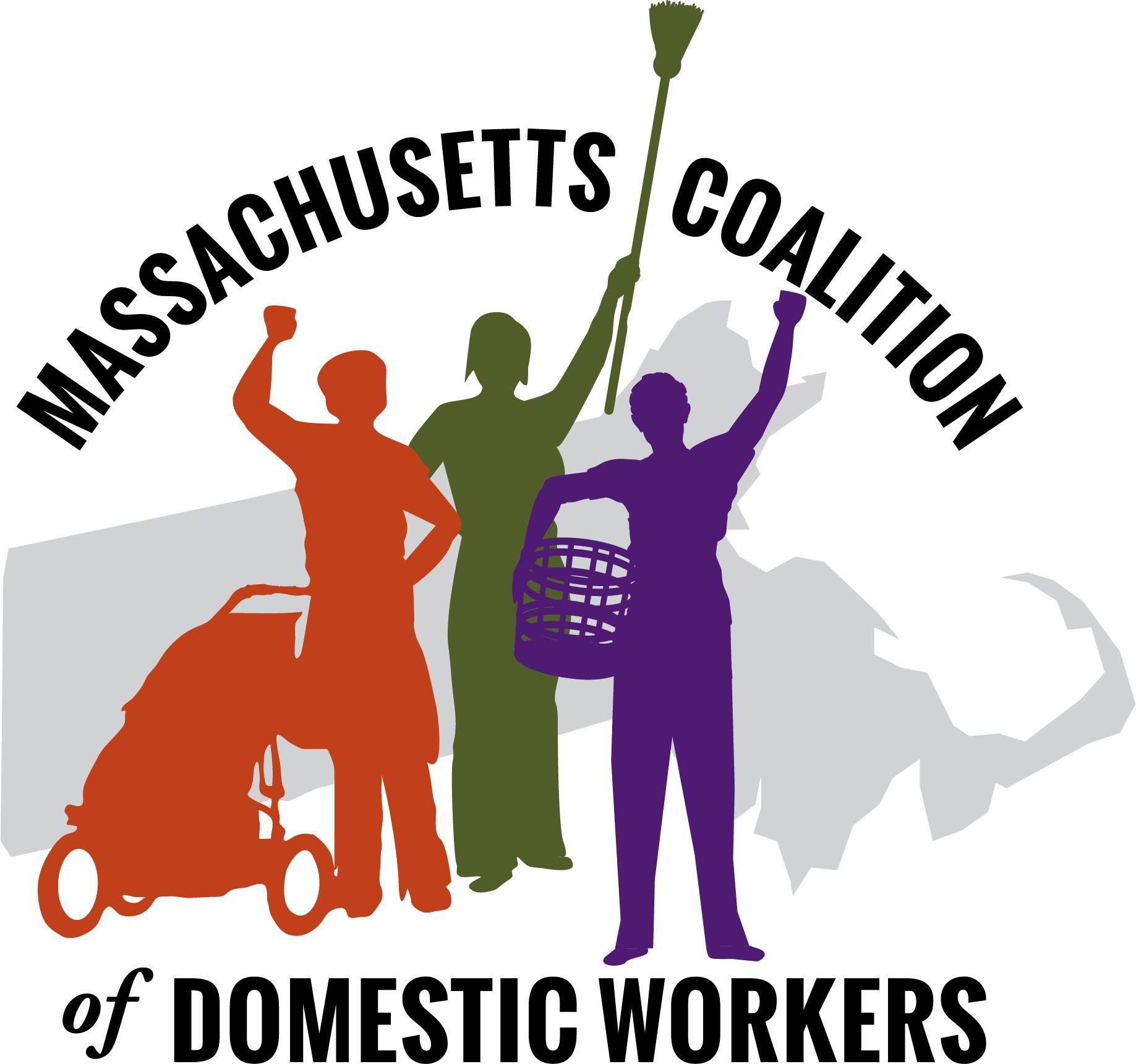The Massachusetts Coalition of Domestic Workers (MCDW) works to bring racial and social justice and dignity to all domestic workers in our state. See this newsletter on Mailchimp
A Message from Director
Myriam Hernandez Jennings
Dear Partners and Allies of MCDW,
This Black History Month, we invite our supporters to look at the beautiful timeline “A History of Domestic Work and Worker Organizing” created by the National Domestic Workers Alliance in collaboration with activist scholars Jennifer Guglielmo, Michelle Joffroy, and Diana Sierra Becerra. We would like to draw attention specifically to the role that Black domestic workers played in the Civil Rights and Freedom Movement in the United States.
Did you know:
During the Montgomery Bus Boycott, domestic workers were the largest group of bus riders, as they needed public transport to go to and from their employers’ homes. Due to their numbers, domestic worker participation and commitment enabled the boycott’s success, withdrawing significant collective funds from the bus company over the course of 381 days.
Georgia Teresa Gilmore, a domestic worker born in Montgomery, Alabama, created a vital and secret fundraising group, “Club from Nowhere” that sustained the Montgomery Bus Boycott.
You can listen to an oral history with Mildred McAdory Edelman, an African American domestic worker who refused to give up her bus seat to a white passenger in Birmingham in 1941, over a decade before Rosa Parks.
In solidarity,
Myriam Hernandez Jennings, Interim Executive Director
Our Steering Committee
Brazilian Worker Center
The Brazilian Worker Center conducted a study on the effectiveness of the Domestic Workers Bill of Rights, carried out in partnership with the Boston College Law School Civil Rights Clinic. The report on this study, “Making It Work for Workers: A Study on the Efficacy of the Massachusetts Domestic Workers Bill of Rights” was presented in January.
The study consisted of surveys and interviews with 205 domestic workers, 124 domestic employers, 5 government agencies, and 8 worker centers. Questions for domestic workers centered on their awareness of the Bill and their working conditions, questions for employers focused on their awareness of the Bill and their compliance with it, and questions for government agencies and worker centers focused on their role in educating workers and employers.
Some key findings:
75%+ worker respondents had little to no knowledge of the Bill
78% of employer respondents had little to no knowledge of the Bill, and over a quarter of employer respondents did not know that they were legally considered employers at all
There is a clear correlation between employer respondents’ knowledge of the Bill and compliance with it, including providing contracts, keeping payroll records, and providing pay stubs
90%+ worker respondents reported not seeking help when they believed their rights had been violated
MCDW Projects
Learning to Be Leaders
In January, a group of ten domestic workers completed a four-session leadership development course with MCDW, “Learning to be Leaders.” Many were already taking on leadership roles in MCDW member groups like the Brazilian Worker Center and the Dominican Development Center, while others were completely new to organizing and learning about domestic worker rights.
In participatory and community-building virtual sessions, we learned together about the history of domestic worker organizing in the US over the last 200 years, what it means to take leadership to develop collective power for workers and what our own leadership skills and goals are, and what rights domestic workers have under MA law.
One of the participants reflected on the class, “this information will be very useful for me knowing my rights. I didn’t know about the history of domestic workers organizing for so many years. We have to keep learning.”
Another participant commented, “we are learning to grow and to improve the conditions around us.”
One of the highlights of our course was learning about Melnea Cass, an African-American woman in Boston who organized domestic workers from the 1950’s through the 1970’s. The group she founded, the Women’s Service Club of Boston, organized to pass the first piece of legislation in MA to protect the rights of domestic workers in the state in 1970.
Peer-to-Peer Outreach Fundraiser
This January we held a grassroots fundraiser to support the essential peer-to-peer outreach of domestic worker leaders. Worker leaders earn $25 per hour to do outreach in the community, where they can speak with other domestic workers about the Massachusetts Domestic Worker Bill of Rights. Our goal was to raise enough to support 200 hours of this outreach ($5000).
Due to the generosity of our allies and supporters, we surpassed our goal with the funds raised totaling $5,388! This ensures that worker leaders will be able to share knowledge and resources on the protected rights of domestic workers and invite other workers to become MCDW members, increasing involvement in the movement.
One donor wrote, “Doing unionized care work, I see how essential collective power is to prevent care workers from being exploited. Organizing outside of a shared work location is really, really hard and I have so much respect for MCDW's leaders!"
Especially after the results of the “Making It Work for Workers” report, we hope that many more people are recognizing that informing domestic workers of their rights is vitally important and worth investing in.
We are so grateful for your support!
